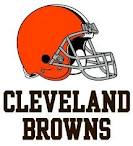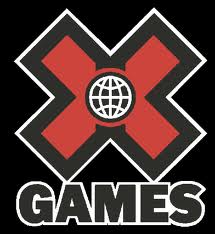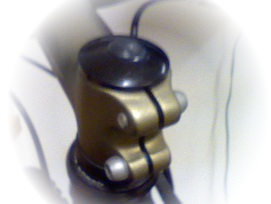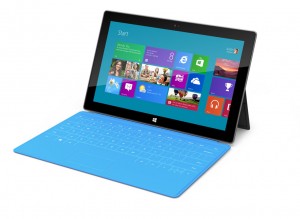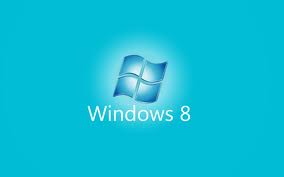We mentioned last week that there is now an ongoing attempt to build a new basketball arena in Seattle and then land a new team. From this article in the Seattle PI it looks like the Seattle City Council could be a roadblock.
While the county commissioners are expected to give approval to an $80 million contribution to the building, the city looks like it might want a better deal for the $120 million that it is being asked to throw in as well. The city wants better protection from financial fallout among other issues.
Microsoft wants broad patent licensing deal with Motorola
After winning cases at home and abroad regarding its patent portfolio Microsoft has said that it wants to sign a deal with Motorola that will end the legal disputes between the two companies. Microsoft already licenses its ActiveSync technology to others including Samsung and HTC, according to IT World.
However in the case of Motorola, Microsoft is looking for a more all-encompassing deal, one that will include not just a select few patents but rather a great deal of their respective portfolios in order to achieve what Microsoft calls “A solid foundation for patent peace.”
Samsung thinking big with next-gen tablet?
Kudos to the Verge for digging into all of the documents from the ongoing Apple vs. Samsung trial in San Jose, Calif. Among the nuggets it has mined is the revelation that Samsung has a 11.8-inch tablet on the drawing board.
Code named P10 it would have the equivalent of Apple’s retina display with a 2560 x 1600 resolution and among its other features is LTE connectivity.
Google investing in YouTube effort
It looks like Google is going to invest $200 million in marketing its YouTube channels as it continues its transition of that platform from one in which the majority of content is user generated into one where there are a wide range of professionally created content.
It has over 100 channels now and currently is teamed with NBC to show the Summer Olympics. According to a piece in the Wall Street Journal, Google currently has already earned $150 million in ad commitments for this year.
Google to delay its Nexus Q digital streaming device
Google announced its Nexus Q music and video streaming platform to great fanfare a few weeks back at the company’s annual Google I/O conference in San Francisco. Expected to be quickly delivered to the market it looks like it has hit a bump in the road and its delivery is now delayed.
The people that preordered have been told that there is an indefinite delay but has offered them a free product. Multiple sources report that the device was beset by poor reviews and that the company will be seeking to enhance the device.
A Bikini Hockey League?
Sounds like the follow up ads after the Swedish Bikini Team that Old Milwaukee Beer ran years ago but no, someone is actually trying to launch a Bikini Hockey League. Actually it is a reality TV show that is based on a developer’s purported plan to create such a league.
Lenovo ThinkPad Tablet leaked
It appears that the ever vigilant Verge has scored again, this time with details on the upcoming Lenovo ThinkPad Tablet 2 that will be using Microsoft’s Windows 8 operating system. The devices will feature an attachable keyboard and pen input as well as the usually features that users have come to expect.
Among the listed features for the tablet are that it will be powered by an Intel Clover Trail microprocessor, have 2GB of RAM and a 64GBs of storage with a 10.1 inch WXGA display. It will have a fingerprint reader and they keyboard will have trackpoint navigation.
MLB’s Powers that be endorse Expanded use of Instant Replay
Bud Selig, the Commissioner of Major League Baseball said last Friday that the sport plans to implement the extended use of instant replay. It will now also be used for trapped balls in the outfield, and to determine if balls down the first and third base line are fair or foul.
The league is now assessing the camera angle issues in each park to see what, if any difficulties it will have in placing cameras that have the needed angles. It is not likely that the extended replay will make an appearance prior to the start of next season
Cleveland Browns sell for $1 billion
At least that is what ESPN’s Adam Schefter tweeting yesterday. It seems that James Haslam will be buying the Browns from Randy Lerner for that figure, with a $700 million initial payment and then a second one sometime down the road for $300 million more.
The team just underwent a major shakeup in top management a few years ago, notably luring Mike Holmgren into the front office by giving him the position of team president. Usually new management likes its own people in place so he could be back looking over some other execs shoulder in the near future.
I do like the comment on the tweet that questioned why anyone would pay that much for such a poor franchise noting that a Hawaiian island just sold for $600 million, implying that might have been the better deal.

